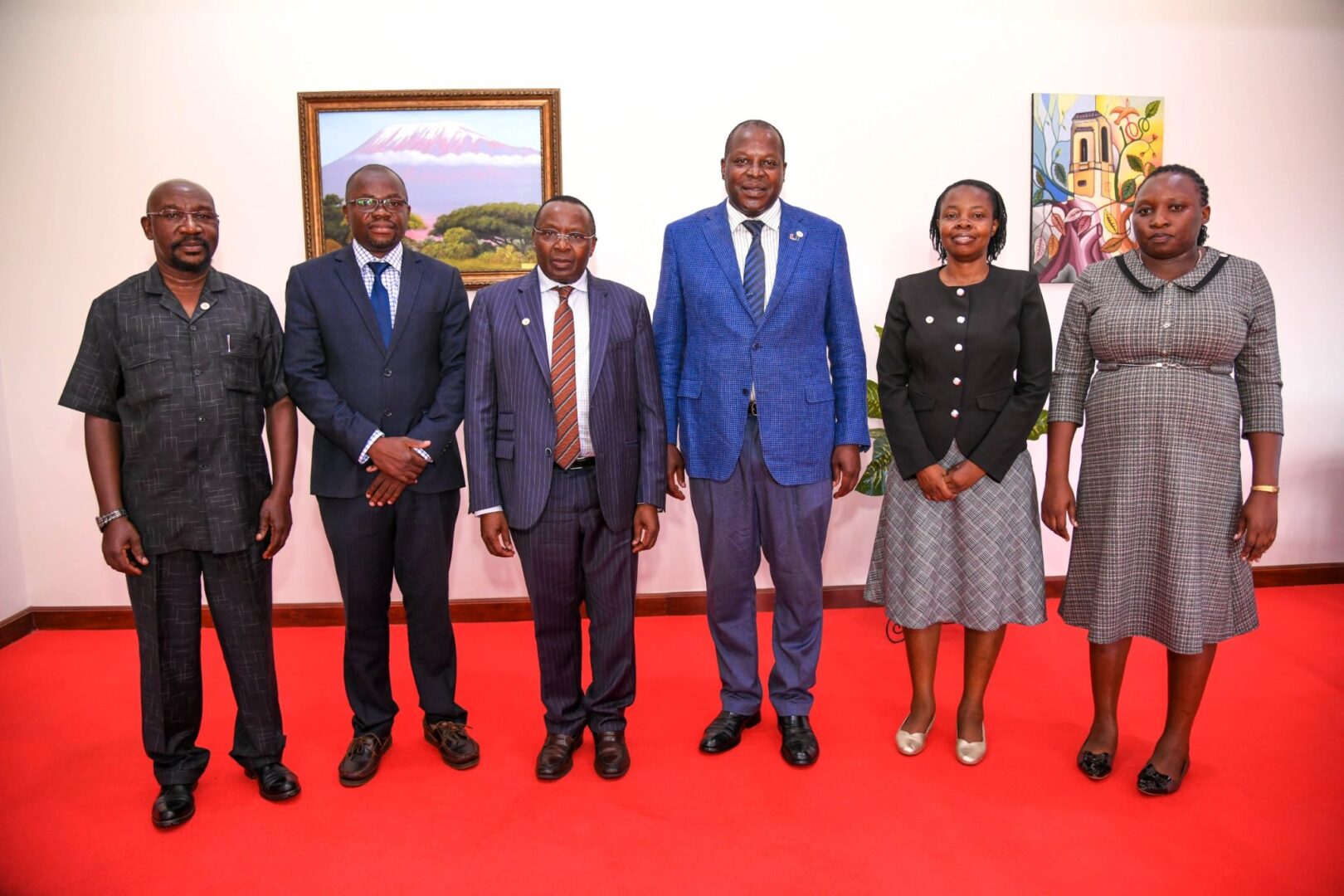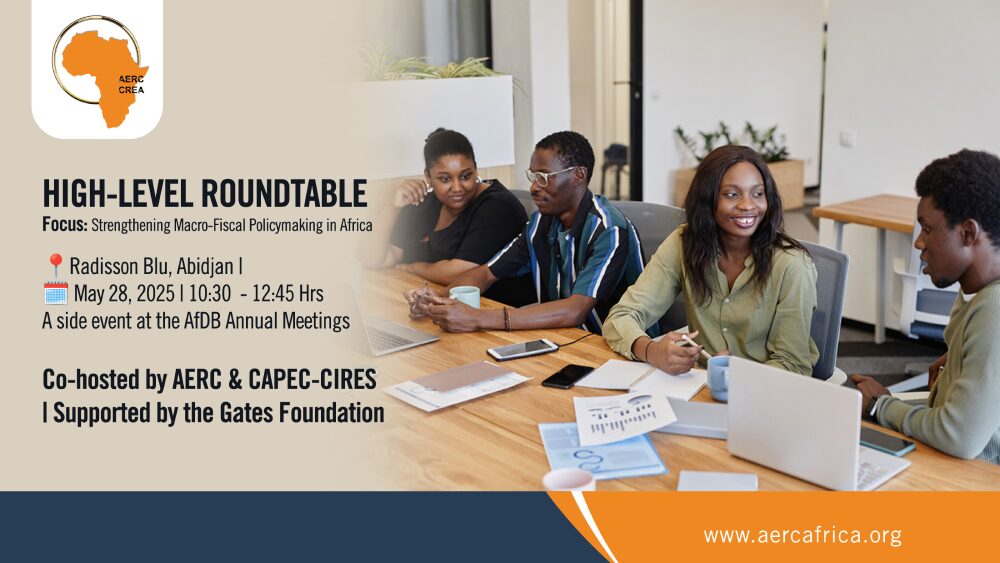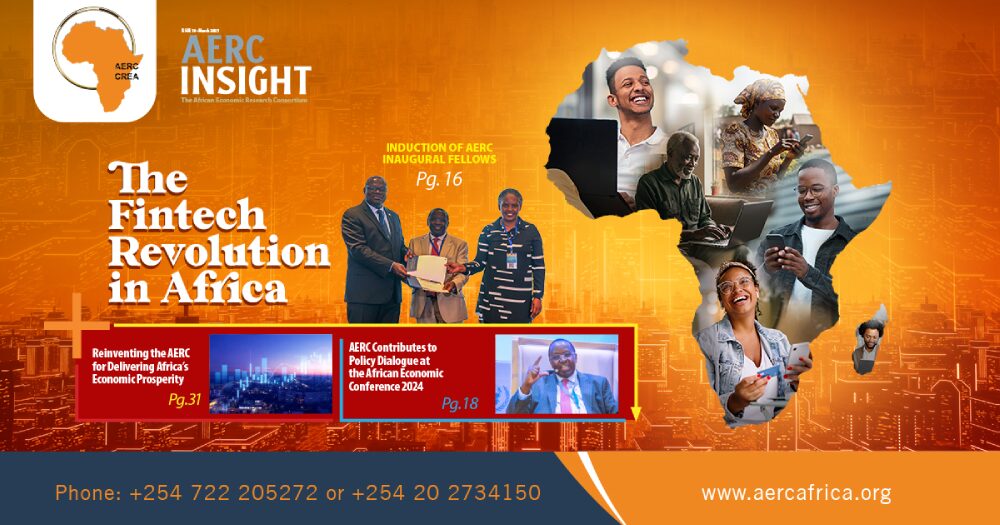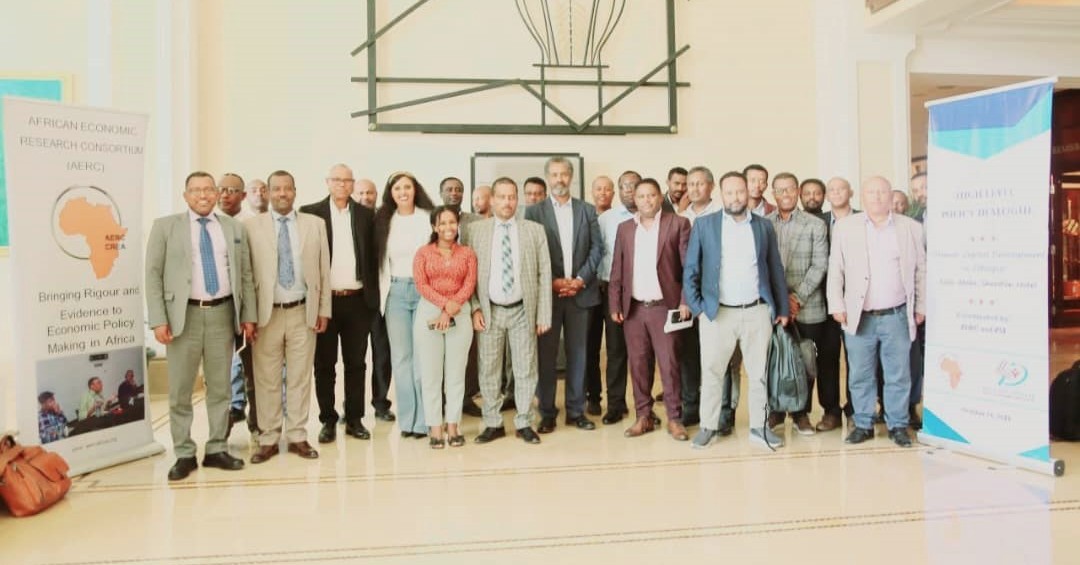

Policy Dialogue Workshop on Human Capital Development in Addis Ababa, Ethiopia
October 29, 2024Addis Ababa October 24, 2024. The African Economic Research Consortium (AERC), in partnership with the Policy Studies Institute (PSI)- a public think-tank in Ethiopia, hosted a human capital development (HCD) policy dialogue breakfast workshop at the Sheraton Addis on Thursday, October 24, 2024. The event focused on the Ethiopian country case study of the HCD project of AERC funded by the Bill & Melinda Gates Foundation (BMGF). The Ethiopian policy dialogue is part of similar dialogues that took place in Burkina Faso, Kenya, Madagascar, Nigeria and Senegal in October 2024. All the studies that informed the policy discussions were commissioned by the AERC under “Building Policy Research Institutions to Support Human Capital Development in Africa (HCD)” project with funding from BMGF.
The workshop was held under the theme: “Engendering economic development through human capital promotion in Ethiopia: insights from AERC-BMGF human capital collaborative project”. It featured participants drawn from the government and academia.
The opening keynote was given by H.E. Mr. Fekadu Tsega, the Director General of PSI. He kicked off the policy dialogue workshop by emphasizing the vital role of collaborative discussion in tackling Ethiopia’s human capital development challenges. He noted that the initiative aligns seamlessly with PSI’s mission to provide evidence-based policy advice to the government. Mr. Tsega also stressed the importance of continued collaboration with AERC to overcome the country’s socio-economic development hurdles.
Speaking at the same event, AERC Director of Research Dr. Abbi Kedir highlighted the importance of putting human capital development capital at the forefront of the development agenda for structural transformation in Africa. “Human capital development is essential for structural transformation,” Dr. Kedir stated. “It’s not just about years of schooling, but about meaningful learning outcomes. African governments must design policies that ensure investments in education yield comparable levels of learning to those in developed countries.” Dr. Kedir also highlighted the potential of school feeding programs to boost nutrition and enhance learning abilities in children, encouraging participants to explore this initiative further.
In the presentation of the evidence emerging from the human capital project in Ethiopia based on three research papers, Dr. Terrence Kairiza, Research Fellow at the AERC, commended the Ethiopian government’s efforts to enhance human capital development through investments in education. To build on this progress, he encouraged the government to sustain and increase its investments in education and training programs, further prioritizing initiatives that address existing gaps and promote inclusive access to quality education. Dr. Kairiza noted that to enhance the quality of learning, efforts should focus on expanding access to pre-primary and early childhood education opportunities, as early education test scores were found to significantly impact progression to higher education.
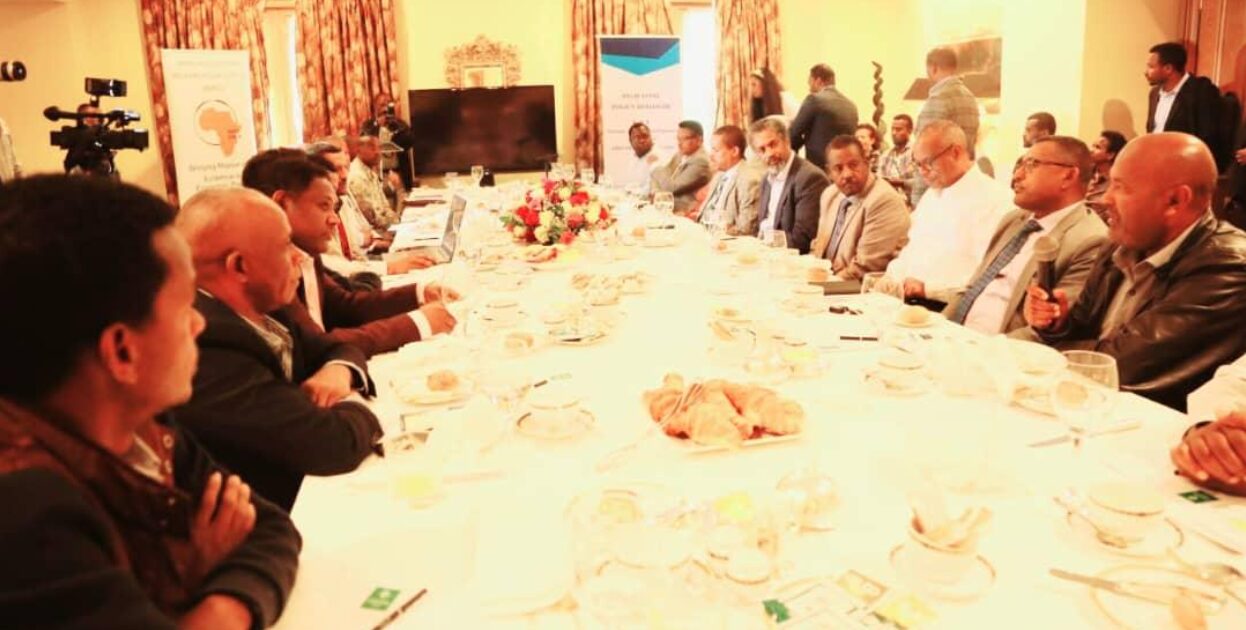
A section of participants engages in discussion.
Reflecting on the presentation, participants emphasized the need for policies to align education with industry requirements. Additionally, to bridge the gender gap in education, the government was urged to develop and implement gender-sensitive policies addressing disparities in educational opportunities across regions. Such policies could include affirmative action measures to boost girls’ enrollment, particularly in higher education, and scholarship programs supporting their transition to higher education and skills training.


